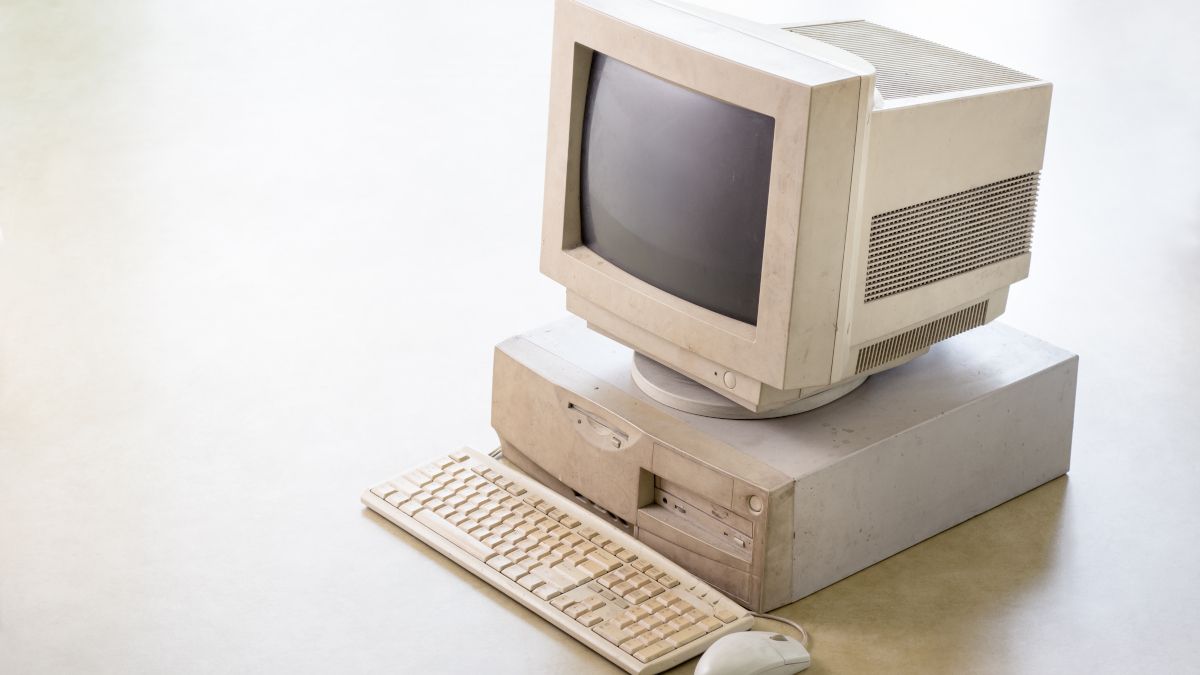
There has never been an operating system as iconic as Windows XP. Many of us associate Windows XP with our childhoods or early office work, as it's practically synonymous with the era of desktop computers. Let's explore what made this operating system so special.
Before we talk about the little things that made Windows XP special, let's briefly go over the reason why Windows XP was so commercially successful. For starters, Windows XP was the first consolidated version of Windows. Before that, we had two mainstream Windows OS families running concurrently—Windows 9xx, which was based on MS-DOS, and Windows NT, the most notable example of which is Windows 2000. Windows XP and every other consumer-oriented Windows for PC released after XP was based on NT but also supported MS-DOS software.
While many of Windows XP's predecessors were solid systems, Windows XP was objectively the best in all regards. It had low system requirements, which means most PCs could run it. It had overall good performance, stability, software support, and a familiar interface. Windows XP had little competition from Mac OS X 10.0, which was also released in 2001, as Windows was the predominant OS in that era. Apple's golden years were yet to come, and Linux was never mainstream enough to make a dent.
Windows XP also had a lot of staying power. Its last security update was released in 2014, 13 years after the original release date. Its longevity can largely be attributed to the failure of Windows Vista and the fact that Windows 7 required significantly more powerful hardware. I personally used Windows XP without any issues until 2012, at which point I upgraded my PC and was able to run Windows 7.

Windows XP is hiding in Windows 11 in the form of numerous integrated apps and features. Many of our favorite utilities, such as Task Manager, Control Panel, and Command Prompt, were either introduced or perfected in Windows XP. Their layout has largely been unchanged. If you were to open the Control Panel on a PC running Windows XP, there's a good chance that it'd feel more familiar than the messy Settings interface in Windows 10 and 11.
Most other interface elements look and act similar to newer Windows versions, such as the Start menu, Taskbar, Paint, File Explorer, and windows (the kind you move around the screen). In fact, apart from aesthetics, I can't think of any interface improvements made over the past two decades that I can point to and confidently say they surpass Windows XP.
Before the 90s and early 2000s, Microsoft was largely focused on the enterprise market. When Windows XP was released back in 2001, many people were still getting their first home computers or were early in their PC ownership. So, Microsoft tried its best to make Windows more approachable, user-friendly, and colorful. They wanted people to think of computers as casual pieces of tech—like TVs—rather than cold chunks of metal that do computing.
That's how we got the legendary startup and shutdown sounds, the grassy hill and other iconic backgrounds, Clippy, Rover, and various integrated games. Those little quirks truly added up to make for an unforgettable experience across several generations. Just talking about this makes me nostalgic to the point that I'd transform my Windows 10 into a Windows XP lookalike.
Although it's been a decade since Windows XP stopped receiving updates, there are still about 5.5 million PCs running Windows XP with an internet connection. I suspect that the true number could be even higher, as many people who have a spare PC with Windows XP installed don't connect it to their network for safety reasons. Still, who in their right mind would run an operating system from 2001?
The truth is that although Windows has done an excellent job with backward compatibility, there are still numerous programs that don't work well or at all on Windows 10 and 11. I personally had to jump through several hoops to install a car diagnostics program for my old BMW on my Windows 10 laptop because the program was designed for Windows XP and older versions.
Old PC video games are another major reason why people keep their old Windows XP PCs around. Although most games from the Windows XP era work just fine in Windows 11, you can still encounter issues, especially if the game requires a physical CD or floppy disk to play. To save yourself the headache, it's usually best to have a physical copy of the game and a PC from the era.
Additionally, various government departments and agencies, hospitals, ATMs, and even military tech across the world still depend on Windows XP because their software was never adapted to work for newer Windows versions. Upgrading to a newer and more secure operating system is important, but it's a risky and expensive undertaking that some are still not ready for.
Windows XP simply refuses to be "gone and forgotten," and it deserves all the praise it gets. It was an OS that was ahead of its time, and since it remained so popular for so long, we still have systems that rely on it to function.
The above is the detailed content of There Will Never Be Another Windows XP. For more information, please follow other related articles on the PHP Chinese website!
 mysql default transaction isolation level
mysql default transaction isolation level
 What is digital currency
What is digital currency
 The difference between arrow functions and ordinary functions
The difference between arrow functions and ordinary functions
 Clean up junk in win10
Clean up junk in win10
 special symbol point
special symbol point
 What keys do arrows refer to in computers?
What keys do arrows refer to in computers?
 How to use the Print() function in Python
How to use the Print() function in Python
 There is an extra blank page in Word and I cannot delete it.
There is an extra blank page in Word and I cannot delete it.




